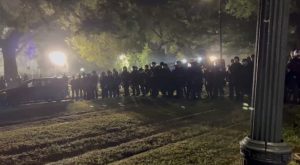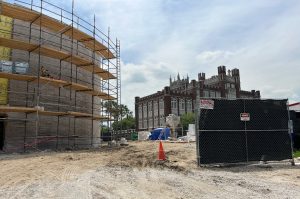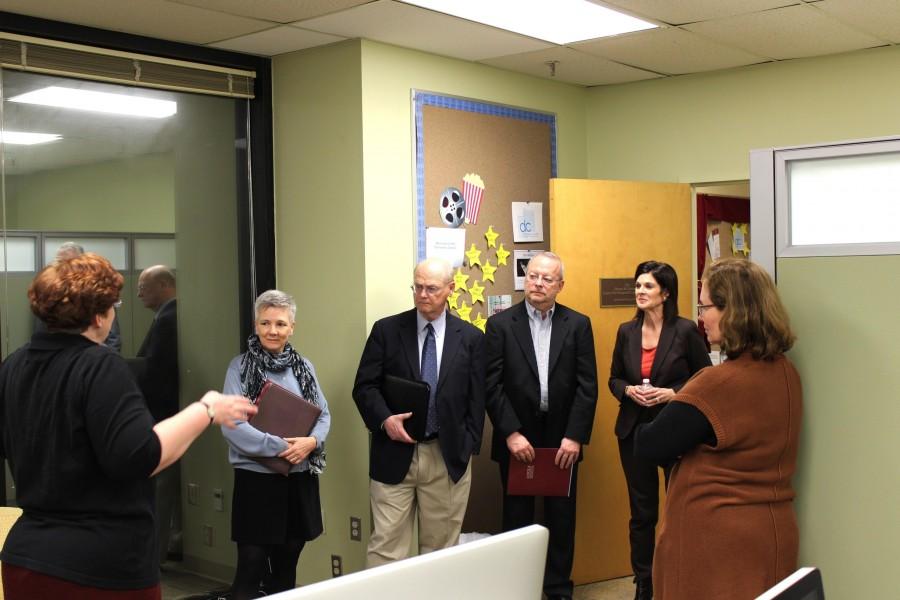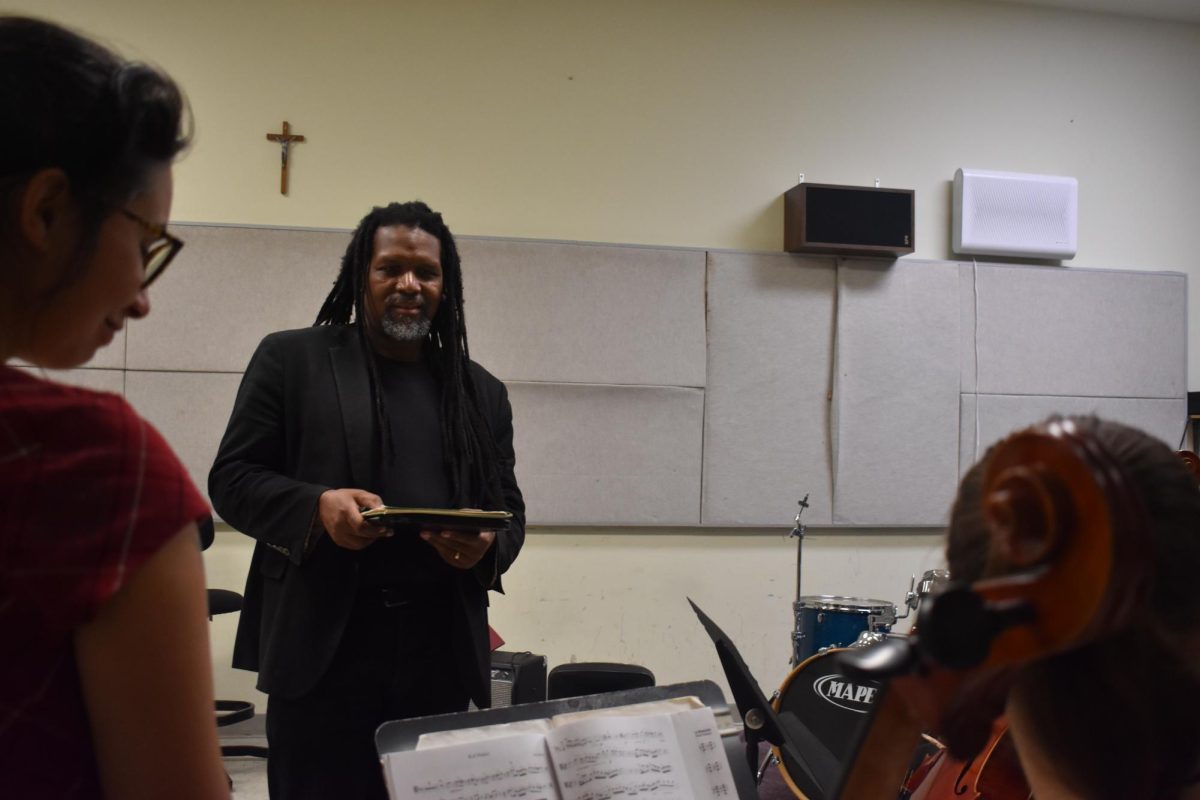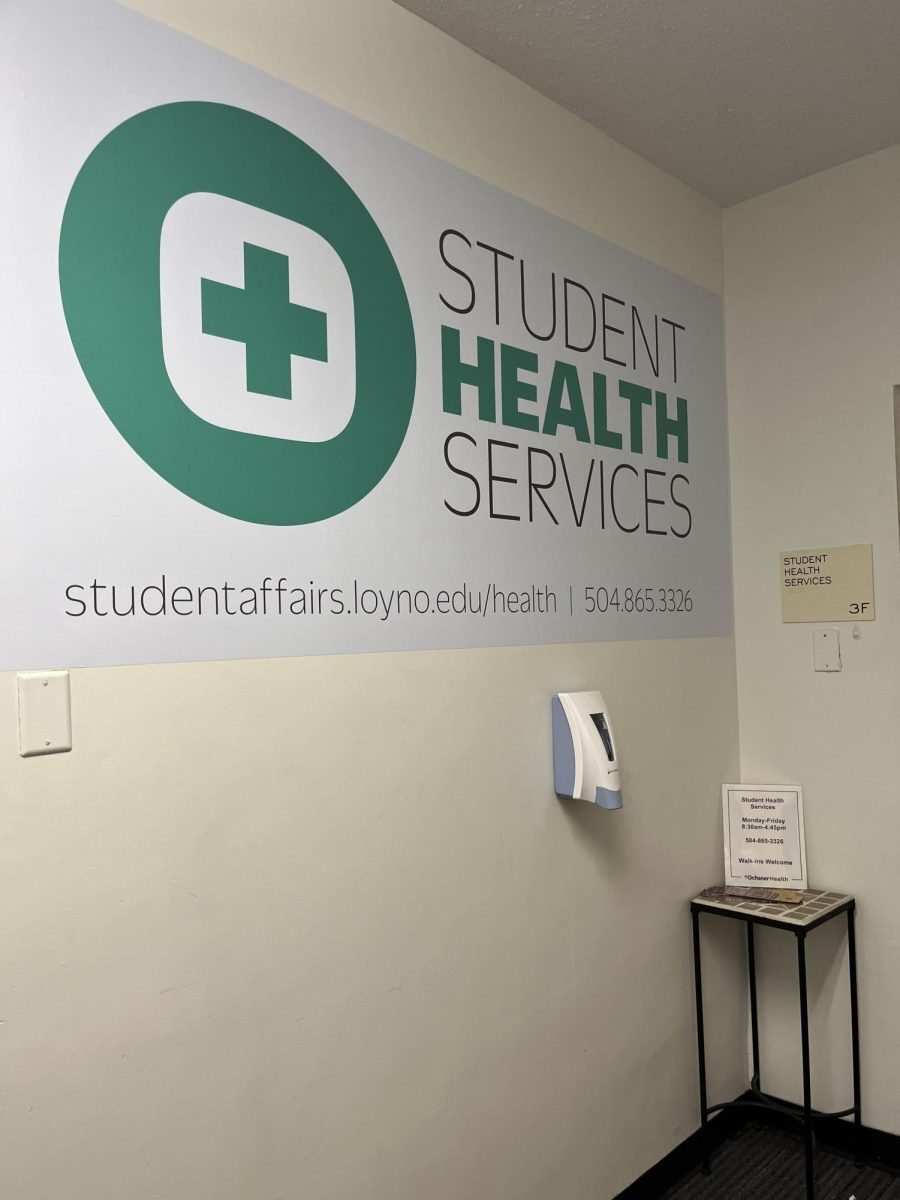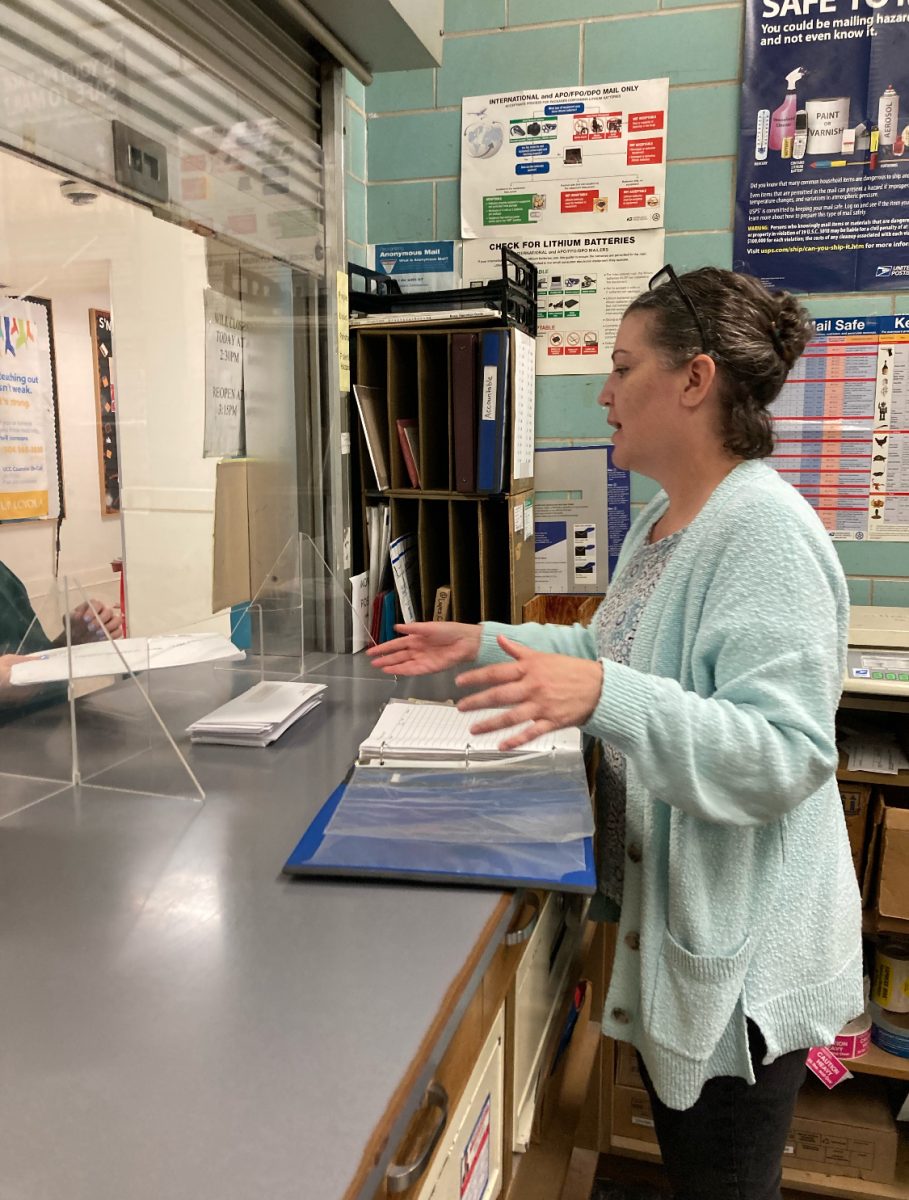The School of Mass Communication welcomed members for four days from the Accrediting Council for Education of Journalism and Mass Communication to evaluate their program for accreditation.
The accreditation rewards recognition for university programs that perform and educate at the highest of journalism and mass communication standards. Michael Limón, Will Norton and Sheri Broyles comprised the ACEJMC that visited Loyola from Sunday, Jan. 12 to Wednesday, Jan. 15.
Limón is a journalism professor at Loyola Chicago and a site-team evaluator for the council. Norton is the dean of the Meek School of Journalism and New Media at the University of Mississippi and chair of the Accrediting Committee of the council. Broyles is a professor for the Mayborn School of Journalism at the University of North Texas and a member of the council.
Loyola University would become the fifth university in the state of La. and only the second Jesuit institution in the United States to receive the council’s accreditation if approved.
Sonya Duhe, director of the School of Mass Communication, said that the accreditation would provide the program with the recognition it deserves.
“It’s an outside group of experts in a particular field looking at what you’re doing and saying that you’re doing it well,” the Rev. Kevin Wildes, S.J., university president, said.
“It is so critical that not only we as a faculty believe that we have an incredible program but that we actually get the stamp of approval from outside professionals and academicians, and that’s what this process does,” Duhe said.
Alongside a faculty decision to seek accreditation, the 2012 Strategic Planning Report published in May 2010 by the Board of Trustees called for departments to, “explore program accreditation/certification for all programs where available/applicable to ensure state-of-the-art practices across professional programs.”
This process, which began over five years ago, required an internal evaluation of the School of Mass Communication by a series of nine standards established by the council. The accrediting standards lists mission, governance and administration; curriculum and instruction; diversity and inclusiveness; full-time and part-time faculty; scholarship: research, creative and professional activity; student services, resources; facilities and equipment; professional and public service and assessment of learning outcomes as the standards to which a university’s mass communication department is assessed upon a visit.
“It’s been a long process and arduous process but it has been a process that has allowed us to really reflect and self-study, and I think it has been good and it helps us to set our goals for we want to go,” Duhe said.
The School of Mass Communication individually addressed all standards in effort to develop the program into an elite program, Duhe said.
Among the standards, specific revisions were made to the curriculum, student services and facilities and equipment, Duhe said. The curriculum changed to become a more inclusive communication program including bringing journalism to a multi-media platform. A student services area was opened to provide additional resources for students through the hiring of Laura Beatty.
Aaren Gordon, mass communication senior and editor-in-chief of The Maroon, said a beneficial change made during the process was the revision to the curriculum.
“I like that we are being asked to take some kind of mass communication ethics class. I think that benefits the students because it helps expose us to how we are supposed to learn about Jesuit ideals. It actually does allow us to see all these perspectives, and it makes you aware of these things that are happening so that you can pay attention to them,” Gordon said.
The process of the accreditation also moves the School of Mass Communication closer to having the opportunity to acknowledge students for their work.
“We cannot even submit for and we believe that awards like so many other things are indicators of the terrific program that we have and we want to be able to compete on all levels,” Duhe said.
Students will receive an added benefit once they graduate from Loyola.
“It also would mean for their students as they graduate, if they want to go on for graduate work in any particular area or professional work, it adds a value to the degree,” Wildes said.
The School of Mass Communication faculty, the Office of Institutional Research, College of Social Sciences and other individuals at the university, developed the evaluation that brought the program to the point of a site-team visit.
The decision was delivered Wednesday morning. The accrediting committee will meet in March, followed by a council meeting on May 2 to vote on whether or not the School of Mass Communication will receive accreditation.
Lauren Cutuli can be contacted at [email protected]


